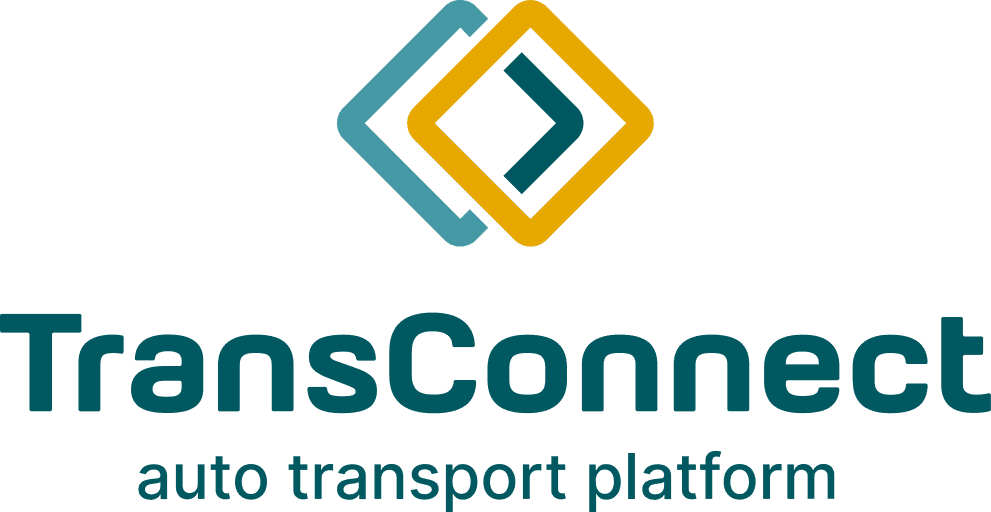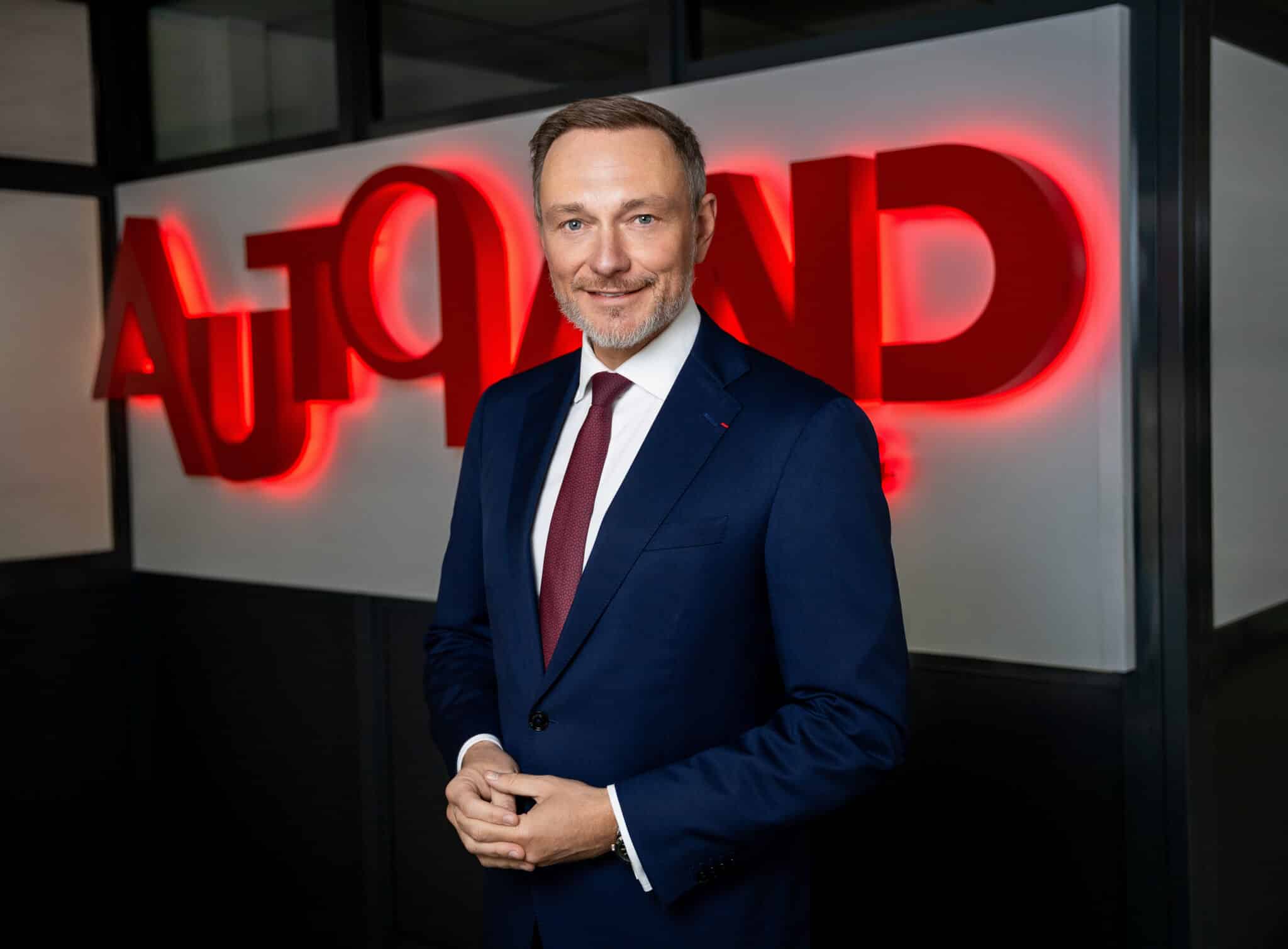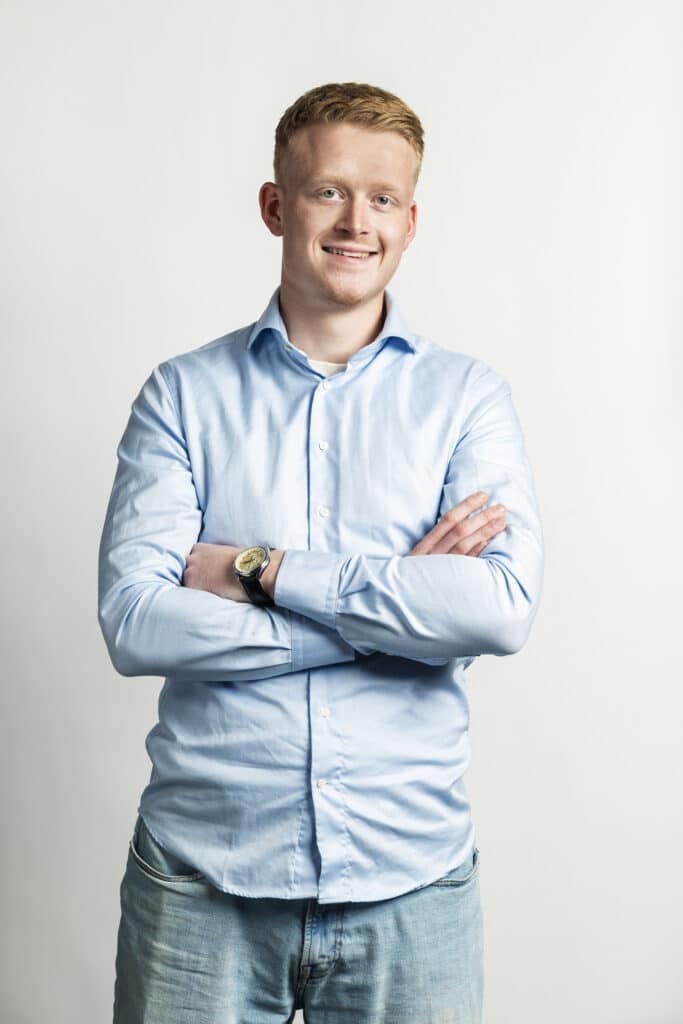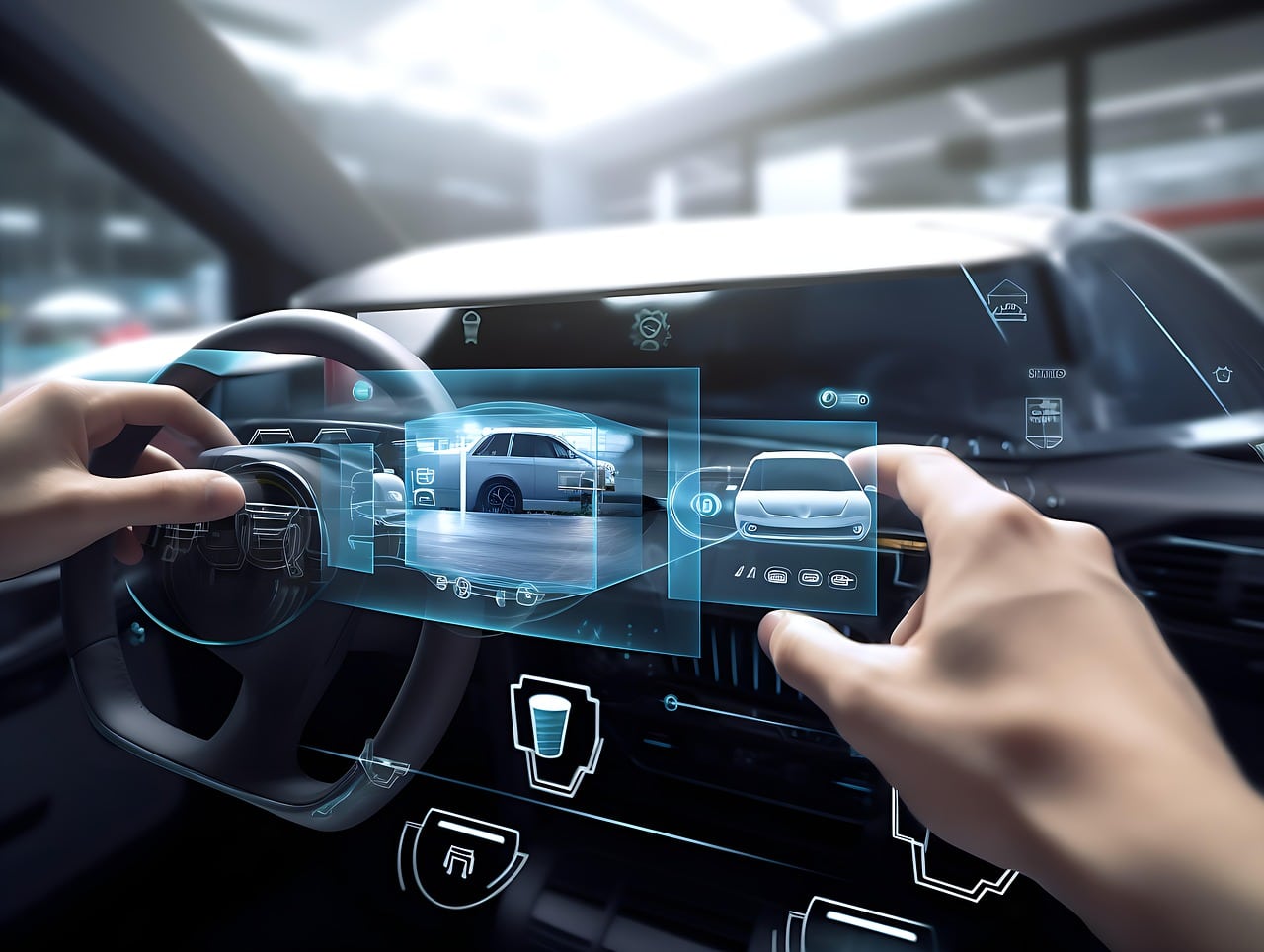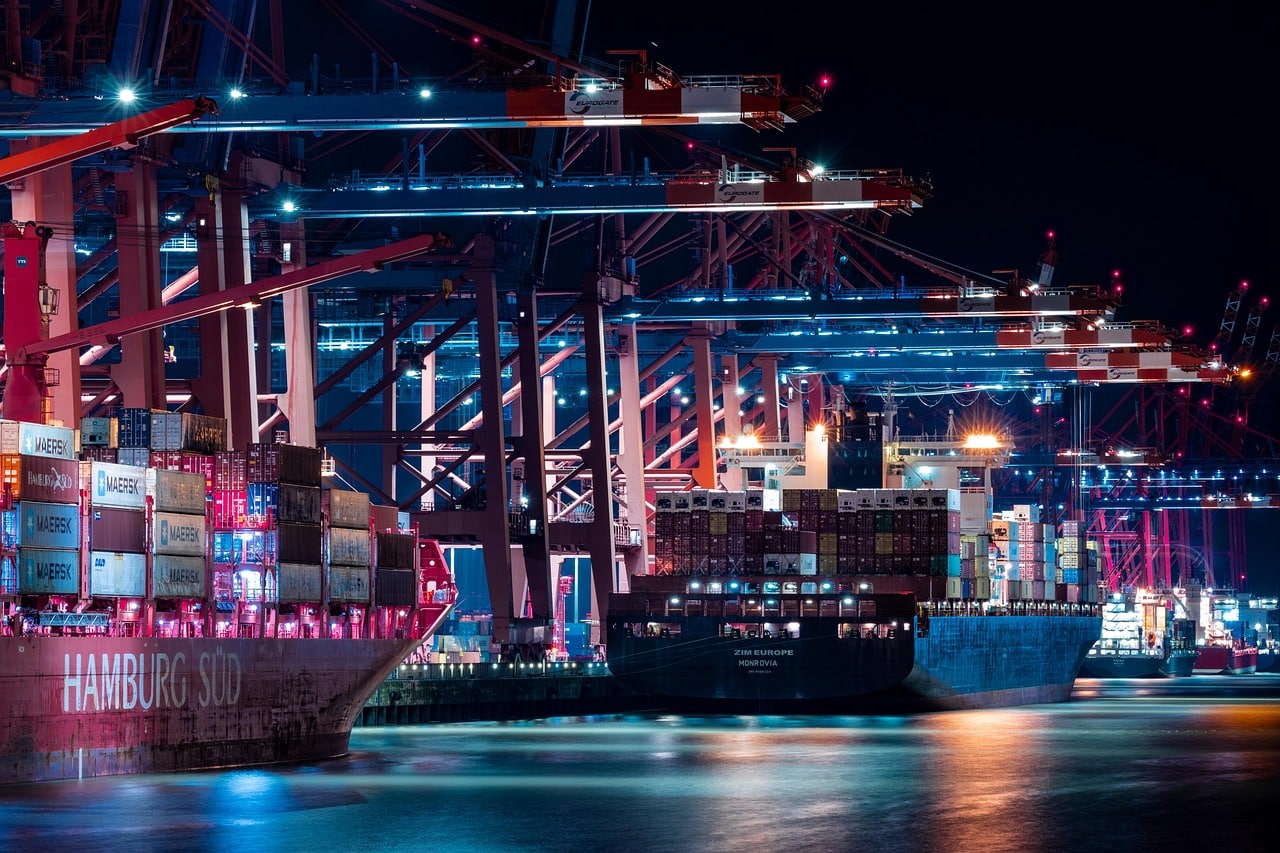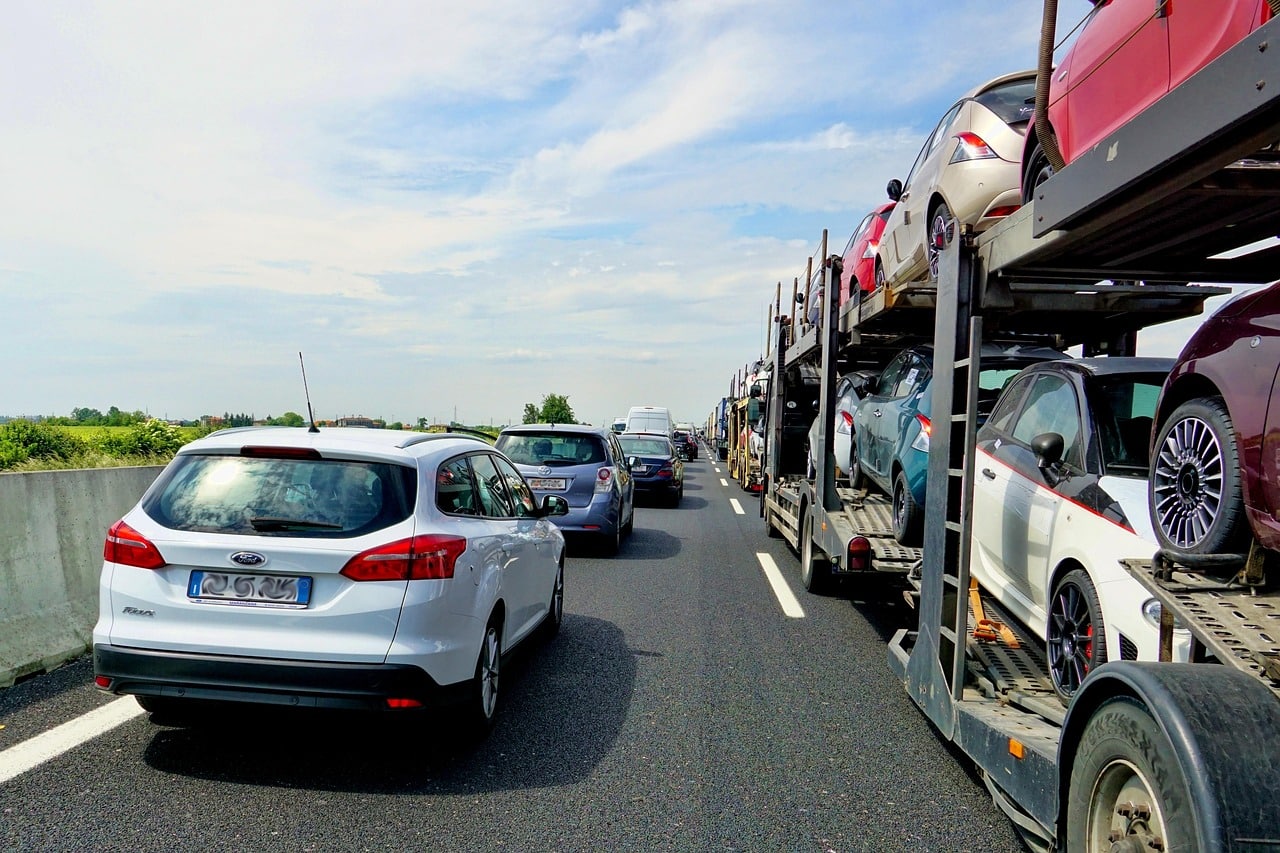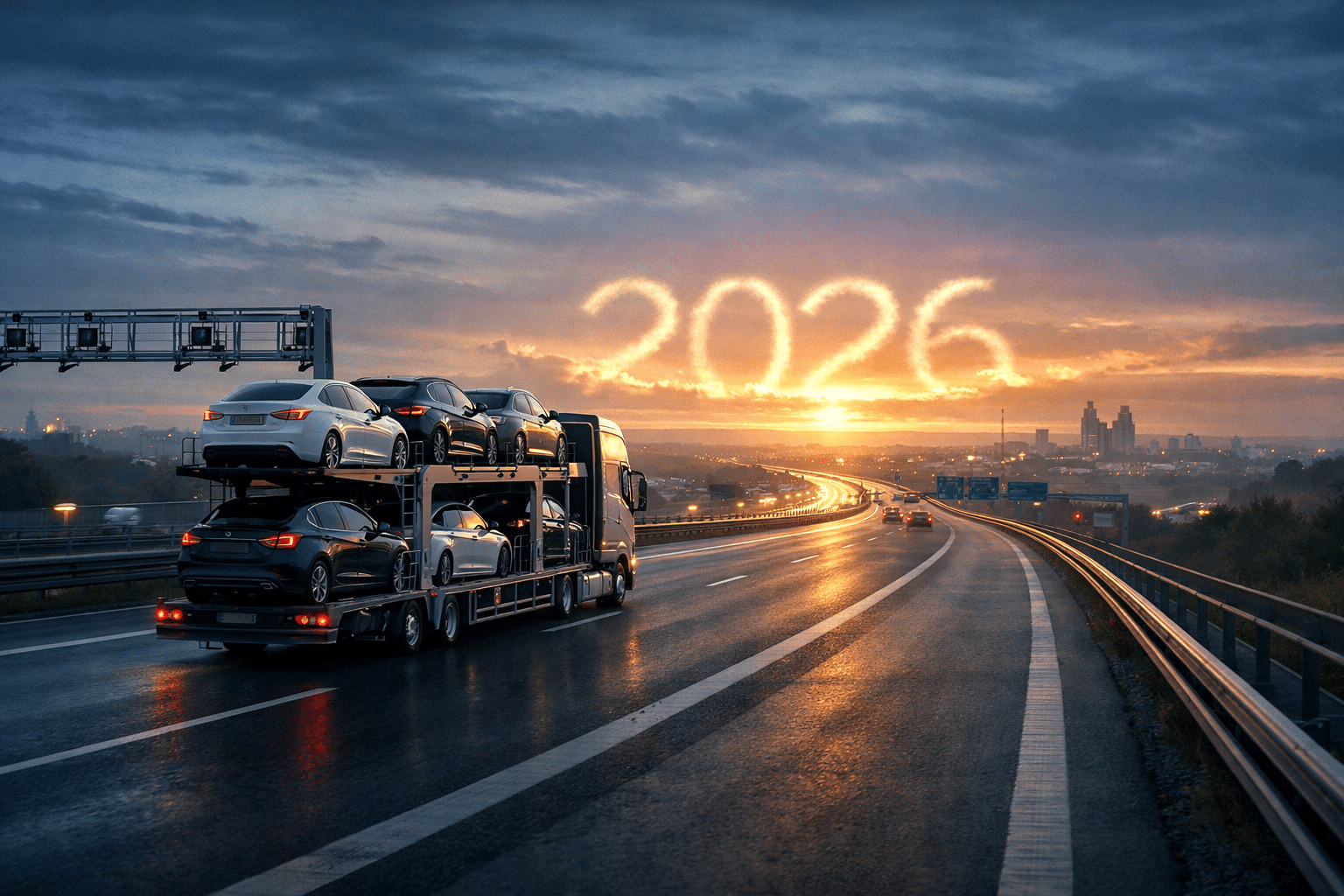When Christian Lindner, former German Minister of Finance, announced on 11 November that he would be joining the board of Autoland AG on 1 January 2026, the German car market reacted with surprise. A politician at the helm of a car dealership? But if you read between the lines, you can see the logic.
Autoland, Germany’s largest brand-independent car dealership group, sold more than 50,000 cars in 2024, achieved record sales of €890 million, and expects to break the one-billion-euro mark in 2025. With Lindner, the company is not only bringing in a familiar face, but above all a communications and digitalisation expert. His portfolio – marketing, sales and digitalisation – reflects the direction in which the German car market is moving from traditional retail thinking to data-driven, connected mobility platforms.
The figures don't lie: digitalisation is stuck in the middle
KPMG’s Future Readiness Monitor 2025 Automotive Sector Germany shows that the sector is still in transition. No less than 39% of companies consider themselves insufficiently mature in the field of digitalisation and automation. Only slightly less than half consider their IT systems to be ‘sufficiently mature’. At the same time, customer experience (CX) is at the top of the investment list for 68% of the companies surveyed. This represents a clear shift from cost-oriented to customer-oriented.
KPMG sees three main themes that will be decisive in the coming years:
- Automation and AI: high relevance (7.4 out of 10), but lowest maturity (4.9).
- Agility: crucial for weathering crises, but here too there is a large gap between ambition and reality.
- Customer experience (CX): high priority, but processes are not yet consistent or end-to-end digital.
In short: the industry knows what is needed. Namely, faster switching, better collaboration, and putting the customer first, but implementation often stalls due to outdated processes and fragmented systems.
One leader for marketing, sales and digitisation
The fact that Lindner is now responsible for these three areas is more than symbolic. Autoland wants to strengthen its digital sales channels and grow into a mobility service provider. This is exactly the direction that KPMG considers inevitable: anyone who wants to survive in the automotive industry must manage marketing, data and logistics as a single chain.
Until recently, digitisation often ended with online order confirmation. But the customer journey does not stop there. It only begins there. The new standard is connected commerce: online orientation, direct purchase and flawless delivery, supported by real-time communication.
The fact that Autoland brings this entire chain under one driver paves the way for faster decision-making and coherent customer processes.
The 'last mile' of digitisation: the logistics experience
The KPMG study shows that customer experience scores highly in terms of relevance but has not yet crystallised. This is logical: most innovations focus on the sales side, such as CRM, online marketing and data analysis. But the operational back end, logistics, is often still analogue.
That’s where things go wrong. Because when a customer buys a car online, they expect delivery and communication to be just as digital. Delays, missing updates or unclear status notifications can undermine the entire customer experience.
This is the missing link that companies such as TransConnect are solving: by connecting transport partners, dealers and remarketing platforms via APIs, a single continuous workflow is created from order to delivery.
Real-time status updates, automatic order exchange and smart planning ensure predictability, transparency and speed. These are the building blocks of trust.
From production power to connection power
The sector is changing from within. Whereas technological superiority used to be the deciding factor, the degree of connection now determines who wins. The Future Readiness Monitor 2025 refers to ‘die Neugestaltung der gesamten Wertschöpfungskette’, or the redesign of the entire value chain.
Autoland no longer wants to just sell cars, but to offer complete mobility.
This requires:
- Chain management: digitally linked from order to delivery.
- Predictability: real-time communication instead of separate phone calls.
- Value-oriented choices: allowing customers to choose between fast, cheap or sustainable transport.
This is precisely the playing field in which TransConnect operates.
The platform connects dealers, remarketers and transporters through:
- API links that automatically exchange order and status data.
- Real-time tracking and notifications.
- Spot-filling algorithms that prevent empty kilometres.
- Biofuel swap options and CO₂ reports that make sustainability tangible.
The result is not only faster deliveries, but also lower emissions and higher customer satisfaction. That is the measurable interpretation of what KPMG calls ‘digital maturity’.
Germany as a test laboratory for Europe
The German automotive industry remains at the centre of change. KPMG calls it a sector that is “mitten in einer Transformation” (in the midst of a transformation), but only 18% of players are truly confident about the future. This pessimism stems from geopolitical tensions, stricter environmental regulations and slow electrification. Yet it is precisely this pressure that offers the opportunity to innovate more quickly.
Autoland, with Lindner at the helm of digitalisation, symbolises this shift: the traditional dealer is evolving into a digital ecosystem. And those who manage to connect the sales and transport sides will create a competitive advantage that goes beyond marketing campaigns: predictable deliveries, lower costs and a more sustainable image.
In short
- The future of the automotive industry will no longer be determined by who sells the most cars, but by who builds the smoothest chain, from click to delivery.
- Christian Lindner’s switch makes this clear: leadership is shifting from production to connection.
- And that connection, between people, systems and countries, is exactly where TransConnect makes the difference.
Sources
- Autoland AG, Press Release 11 November 2025 – “Christian Lindner becomes Deputy Chairman of the Board of Autoland AG.”
- KPMG AG Wirtschaftsprüfungsgesellschaft, Future Readiness Monitor 2025 – Automotive Industry Report.
